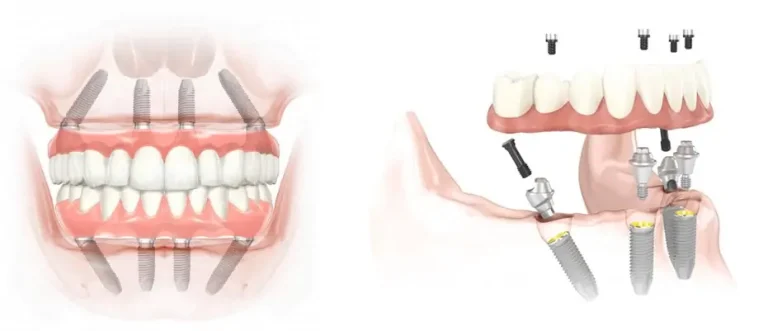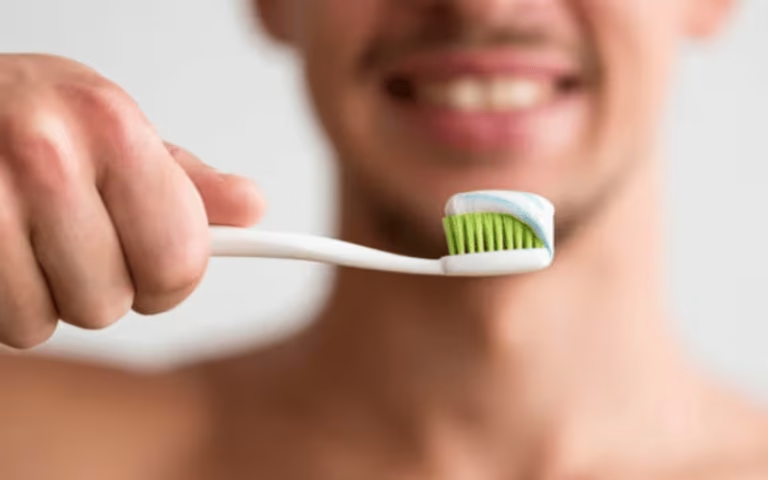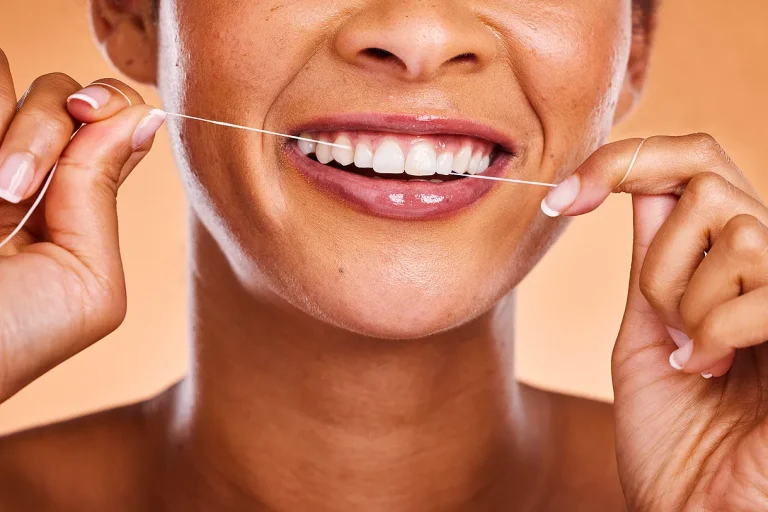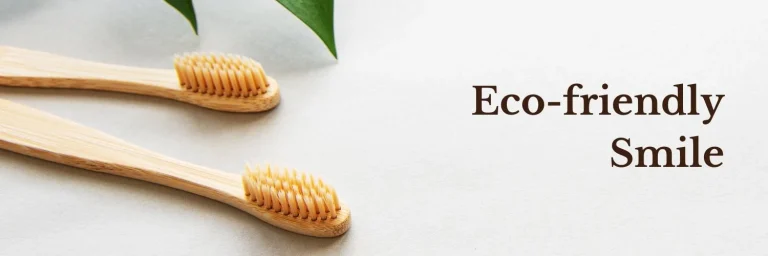The Truth About Sugar-Free Gum and Dental Health
When it comes to maintaining a healthy smile, most of us know the basics: brush twice a day, floss regularly, and visit the dentist for checkups. But what about sugar-free gum? Over the years, it’s gained a reputation as a handy tool for freshening breath and even supporting dental health. But is sugar-free gum really as beneficial as it seems, or is it just a quick fix with limited benefits?
In this article, we’ll explore the truth about sugar-free gum and its impact on dental health. From its ability to stimulate saliva production to the role of xylitol in fighting oral bacteria, we’ll break down the science behind the claims. We’ll also discuss its limitations and potential risks, so you can make informed decisions about incorporating sugar-free gum into your oral care routine. Let’s dive in!
How Sugar-Free Gum Stimulates Saliva Production
One of the most significant benefits of sugar-free gum is its ability to stimulate saliva production. But why is saliva so important for your dental health? Saliva plays a crucial role in maintaining a healthy mouth. It helps neutralize acids produced by bacteria, washes away food particles, and even aids in remineralizing tooth enamel, which can prevent cavities.
When you chew sugar-free gum, the act of chewing signals your salivary glands to produce more saliva. This increased saliva flow can help:
- Neutralize Acids: After eating or drinking, the pH level in your mouth drops, creating an acidic environment that can erode enamel. Saliva helps restore balance by neutralizing these acids.
- Wash Away Debris: Saliva helps rinse away food particles and bacteria that can lead to plaque buildup and bad breath.
- Strengthen Enamel: Saliva contains minerals like calcium and phosphate, which can help repair early stages of tooth decay by remineralizing enamel.
By chewing sugar-free gum for about 20 minutes after meals, you can take advantage of these benefits and give your oral health a little boost. However, it’s important to remember that gum is not a substitute for brushing or flossing—it’s just a helpful addition to your routine.
Xylitol and Its Effects on Oral Bacteria
Xylitol is a natural sugar alcohol commonly found in sugar-free gum, and it’s one of the reasons why chewing gum can be beneficial for your teeth. Unlike regular sugar, which feeds harmful bacteria in your mouth, xylitol has unique properties that make it a powerful ally in the fight against cavities and plaque.
Here’s how xylitol works to improve your oral health:
- Reduces Harmful Bacteria: Xylitol disrupts the growth of Streptococcus mutans, the primary bacteria responsible for tooth decay. These bacteria cannot metabolize xylitol, which means they can’t produce the acids that erode enamel.
- Prevents Plaque Formation: By inhibiting bacterial growth, xylitol helps reduce the buildup of plaque, the sticky film that can lead to cavities and gum disease.
- Promotes a Healthier Oral Environment: Studies have shown that regular use of xylitol can lead to a long-term reduction in harmful bacteria, creating a healthier balance in your mouth.
In fact, research suggests that chewing xylitol-containing gum after meals can significantly lower the risk of cavities, especially in children and adults prone to tooth decay. However, it’s worth noting that the benefits of xylitol are dose-dependent—meaning you need to use it consistently and in the right amounts to see results.
While xylitol is a game-changer for oral health, it’s not a magic solution. Sugar-free gum has its limitations, which we’ll explore next.
Limitations of Gum as a Dental Care Tool
While sugar-free gum, especially those containing xylitol, can be a helpful addition to your oral care routine, it’s important to understand its limitations. Chewing gum is not a substitute for the foundational practices of good dental hygiene, and relying on it alone won’t keep your teeth and gums in optimal condition.
Here are some key limitations to keep in mind:
- Cannot Replace Brushing and Flossing: Sugar-free gum can help clean your mouth temporarily by stimulating saliva and dislodging food particles, but it doesn’t remove plaque or bacteria as effectively as brushing and flossing. These practices are essential for preventing cavities, gum disease, and other oral health issues.
- Limited Impact on Existing Dental Problems: If you already have cavities, gum disease, or other dental issues, chewing gum won’t solve these problems. It’s best used as a preventive measure rather than a treatment.
- Not Effective for Everyone: Some people may not experience the same benefits from chewing gum due to factors like dry mouth (xerostomia) or specific dental conditions. In these cases, other interventions may be necessary.
- Short-Term Benefits: The effects of sugar-free gum, such as increased saliva production, are temporary. For long-term oral health, consistent and comprehensive care is essential.
In short, sugar-free gum is a useful tool, but it should complement—not replace—your regular dental care routine.
Potential Risks of Excessive Gum Chewing
While sugar-free gum offers several benefits for dental health, it’s important to be mindful of how much you chew. Excessive gum chewing can lead to some unintended side effects and potential risks. Here’s what you need to know:
Jaw Pain and TMJ Disorders
Chewing gum for extended periods can strain your jaw muscles and temporomandibular joint (TMJ), the hinge that connects your jaw to your skull. Over time, this strain may lead to pain, discomfort, or even TMJ disorders, which can cause headaches, difficulty chewing, and clicking or locking of the jaw.
Digestive Issues
Chewing gum can cause you to swallow excess air, which may lead to bloating, gas, or discomfort, especially in people with sensitive digestive systems. Additionally, some sugar alcohols used in sugar-free gum, like sorbitol, can have a laxative effect when consumed in large amounts, potentially causing stomach cramps or diarrhea.
Tooth Wear
While sugar-free gum is gentle on teeth compared to sugary gum, excessive chewing can still contribute to wear and tear on dental restorations like fillings or crowns.
Artificial Sweeteners and Additives
Some sugar-free gums contain artificial sweeteners or additives that may not agree with everyone. For example, aspartame, a common sweetener, has been a topic of debate, though it’s generally recognized as safe by health authorities.
How to Avoid These Risks:
- Limit gum chewing to 20 minutes at a time, especially after meals.
- Choose gums with xylitol as the primary sweetener, as it’s well-studied and beneficial for oral health.
- If you experience jaw pain or digestive discomfort, reduce your gum-chewing frequency or consult a healthcare professional.
By chewing gum in moderation and being aware of these potential risks, you can enjoy its benefits without compromising your overall health.
Conclusion: Balancing Gum Chewing with Overall Dental Care
Sugar-free gum can be a valuable addition to your oral health routine, but it’s essential to use it wisely and in conjunction with other dental care practices. Here’s a quick recap of what we’ve covered:
- Saliva Production: Chewing sugar-free gum stimulates saliva flow, which helps neutralize acids, wash away food particles, and strengthen enamel.
- Xylitol Benefits: Xylitol, a common ingredient in sugar-free gum, reduces harmful bacteria and prevents plaque formation, making it a powerful tool for cavity prevention.
- Limitations: Gum is not a replacement for brushing, flossing, or regular dental checkups. It’s best used as a supplementary tool.
- Potential Risks: Excessive gum chewing can lead to jaw pain, digestive issues, or other complications, so moderation is key.
Tips for Incorporating Sugar-Free Gum into Your Routine
- Chew After Meals: Chew sugar-free gum for about 20 minutes after eating to boost saliva production and clean your mouth.
- Choose Xylitol-Based Gum: Opt for gums that list xylitol as the primary sweetener for maximum dental benefits.
- Don’t Overdo It: Limit chewing to avoid potential side effects like jaw strain or digestive discomfort.
- Stick to the Basics: Continue brushing twice a day, flossing daily, and visiting your dentist regularly for checkups and cleanings.
By balancing sugar-free gum with a comprehensive oral care routine, you can enjoy fresher breath, healthier teeth, and a brighter smile. Remember, gum is just one piece of the puzzle—your overall dental health depends on consistent care and good habits.
So, the next time you reach for a piece of sugar-free gum, you’ll know exactly how it fits into your journey toward better oral health!
FAQs
Is sugar-free gum good for my teeth?
Yes, sugar-free gum can be beneficial for your teeth. It stimulates saliva production, which helps neutralize acids, wash away food particles, and strengthen enamel.
How does sugar-free gum help prevent cavities?
Sugar-free gum, especially those containing xylitol, reduces harmful bacteria and prevents plaque formation, decreasing the risk of cavities.
How long should I chew sugar-free gum to get the benefits?
Chewing sugar-free gum for about 20 minutes after meals is generally recommended to maximize saliva production and clean your mouth.
Can sugar-free gum replace brushing and flossing?
No, sugar-free gum is not a replacement for brushing and flossing. It’s a helpful addition to your oral care routine but doesn’t remove plaque and bacteria as effectively.
What is xylitol, and why is it in sugar-free gum?
Xylitol is a natural sugar alcohol that reduces harmful bacteria in the mouth and prevents plaque formation. It’s a beneficial ingredient in sugar-free gum for dental health.
Are there any risks associated with chewing too much sugar-free gum?
Yes, excessive gum chewing can lead to jaw pain, TMJ disorders, digestive issues like bloating or diarrhea, and potential wear and tear on dental restorations.
Can sugar-free gum help with bad breath?
Yes, by stimulating saliva production and washing away food particles, sugar-free gum can help freshen breath.
If I have existing dental problems, will sugar-free gum help?
Sugar-free gum is more effective as a preventive measure. If you have existing cavities or gum disease, it’s essential to seek proper dental treatment.
What kind of sugar-free gum should I choose?
Opt for sugar-free gums that list xylitol as the primary sweetener for the greatest dental benefits.
Is aspartame in sugar-free gum safe?
Aspartame is generally recognized as safe by health authorities, but some people may be sensitive to it. If you have concerns, choose gums without aspartame.
Share
Export
Rewrite







